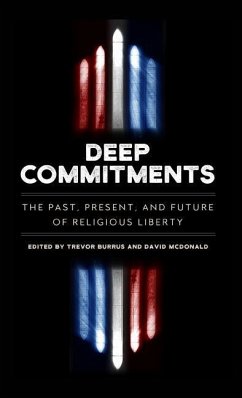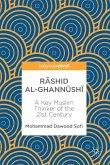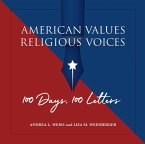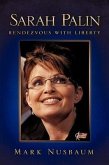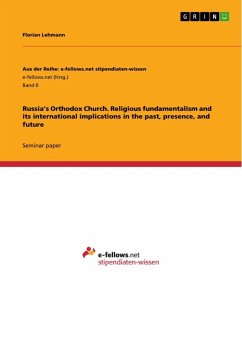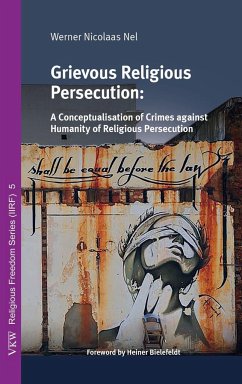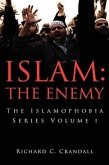Throughout our history, Americans have been a highly religious people. Indeed, many of the original colonists came to the New World specifically to escape religious persecution. And though somewhat less devout than we once were, the United States still leads the developed world in religiosity. Today, however, many feel that religious freedom is under serious--perhaps unprecedented--threat. With everything from health-insurance mandates, to the censoring of high school graduation speeches, to punishing vendors who refuse to work gay weddings, religious liberty seems to be increasingly curbed by powerful and intrusive government. What should we do when a law or government action, often not intended to inhibit religious exercise, nevertheless does? How much of a connection between church and state is "too much," such that it infringes on the rights of nonbelievers? How can we maximize harmony between religious and nonreligious Americans? In June 2016, the Cato Institute's Protecting Religious Liberties conference sought to answer those questions. The conference speakers addressed the history and philosophy of religious freedom, religious freedom and education, and current controversies over religious freedom and public accommodations. This volume contains essays adapted from presentations and discussions at the conference, as well as new introductory and concluding essays.
Hinweis: Dieser Artikel kann nur an eine deutsche Lieferadresse ausgeliefert werden.
Hinweis: Dieser Artikel kann nur an eine deutsche Lieferadresse ausgeliefert werden.

